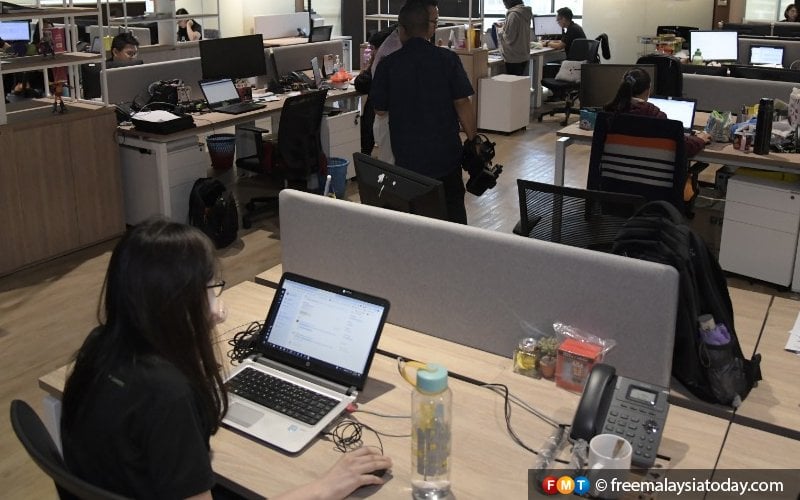
PETALING JAYA: The government should focus on middle-income earners in its 2024 budget as the current initiatives to increase wages focus mainly on the B40 group, says an economist.
Malaysia University of Science and Technology professor Geoffrey Williams said middle-income citizens face challenges in improving their earning potential as the progressive wages suggested by the government are of little help to them presently.
He suggested that the government consider including policies that would offer flexible working arrangements.
“For middle-income earners, allowing flexible working arrangements to reduce working hours and freeing up some time for them to earn secondary incomes will help a great deal.
“The 2024 budget should introduce better incentives to encourage flexible working arrangements in work-from-home, freelance, and gig economy jobs, sharing economy platforms, and micro-enterprises to help people earn secondary incomes, which should be tax-free,” Williams told FMT.
Last week, economy minister Rafizi Ramli said the unity government is focused on raising the income levels of Malaysians, saying it will have a direct impact on their overall quality of life.
The minister said about half of employed Malaysians earned just RM2 above the poverty line of RM2,208, with the majority of households falling in the low-income category.
This was why the government has decided to invest in infrastructure to support various initiatives to alleviate poverty, including the People’s Income Initiative, said Rafizi.
Academy of Sciences Malaysia fellow Madeline Berma lauded the initiative. She said the country needed to focus on economic development and not just on the growth of its gross domestic product (GDP) and gross domestic income (GDI).
She said striking a better balance between economic development and growth will not only help generate revenue for the government, but would also allow the country to redistribute income to the people.
“Economic growth only increases GDP and GDI. However, economic development means not only an increase in quantitative terms, but also improvements in terms of quality of life, sustainable livelihood, and eradication of poverty,” said Berma. - FMT



No comments:
Post a Comment
Note: Only a member of this blog may post a comment.